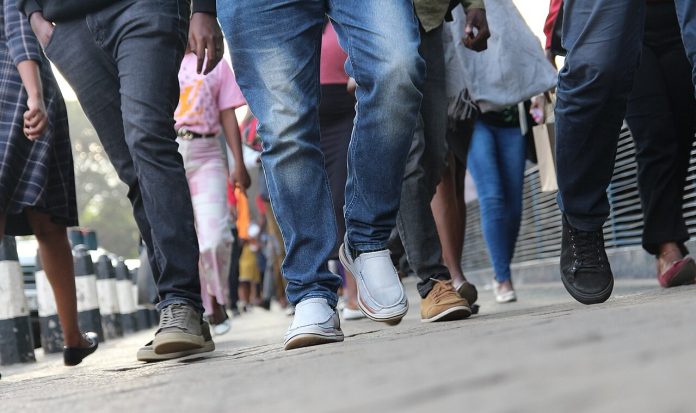The average amount of money a Kenyan uses to bribe government officials in order to obtain a business licence has risen to more than Sh7,500. This is according to the results of a survey by the organization Transparency International Kenya.
The survey dubbed Kenya Bribery Index 2025 shows that Kenyans are currently paying a mean of Sh7,563 in bribes to acquire business licences in order to run small and medium enterprises. This is an increase from the Sh2,464 that Kenyans were paying in the year 2019.
The survey report further shows that Kenyan seeking services from the judiciary pay the highest amount of bribes at Sh18,800. This is however a slight decrease from the Sh24,381 average amount that was reported in a related survey in the year 2019.
Bribes associated with land now stand at a mean of Sh12,610 while bribes associated with car licensing stand at Sh10,466.
Among individuals, the survey noted that Kenyans who are self-employed were the most likely to pay bribes at 48 percent.
“The self-employed category registered the highest frequency of bribe paying at 48 percent. This ranking tallies with the previous survey in 2019 where the same category topped, albeit with a slightly lower magnitude of 45 percent,” the survey stated.
“This could be explained by the probable higher interactions with such services like business licensing and law enforcement.”
READ MORE: Traffic police across Kenya hike matatu bribes from Sh50 to Sh100
The report further showed that nationwide, the police service, the judiciary, and the land sector are the most corrupt institutions. The police led the pack with 52.5 percent of all who sought services paying bribes, followed by motor vehicle licensing at 47.8 percent and the judiciary at 43.5 percent. Land services came in at 40.8 percent.
Incidentally, in 2019, only 20.6 percent of Kenyans who sought services from the judiciary reported paying bribes. This number has now risen to 43.5 percent according to the new survey.
“The survey found that 25 percent of respondents encountered a bribery situation, with the police, land services, and civil registration emerging as the most bribery-prone sectors,” the report stated.
“Men reported paying a larger share of bribes, and nearly 40 percent of all reported bribes went to the police.”









